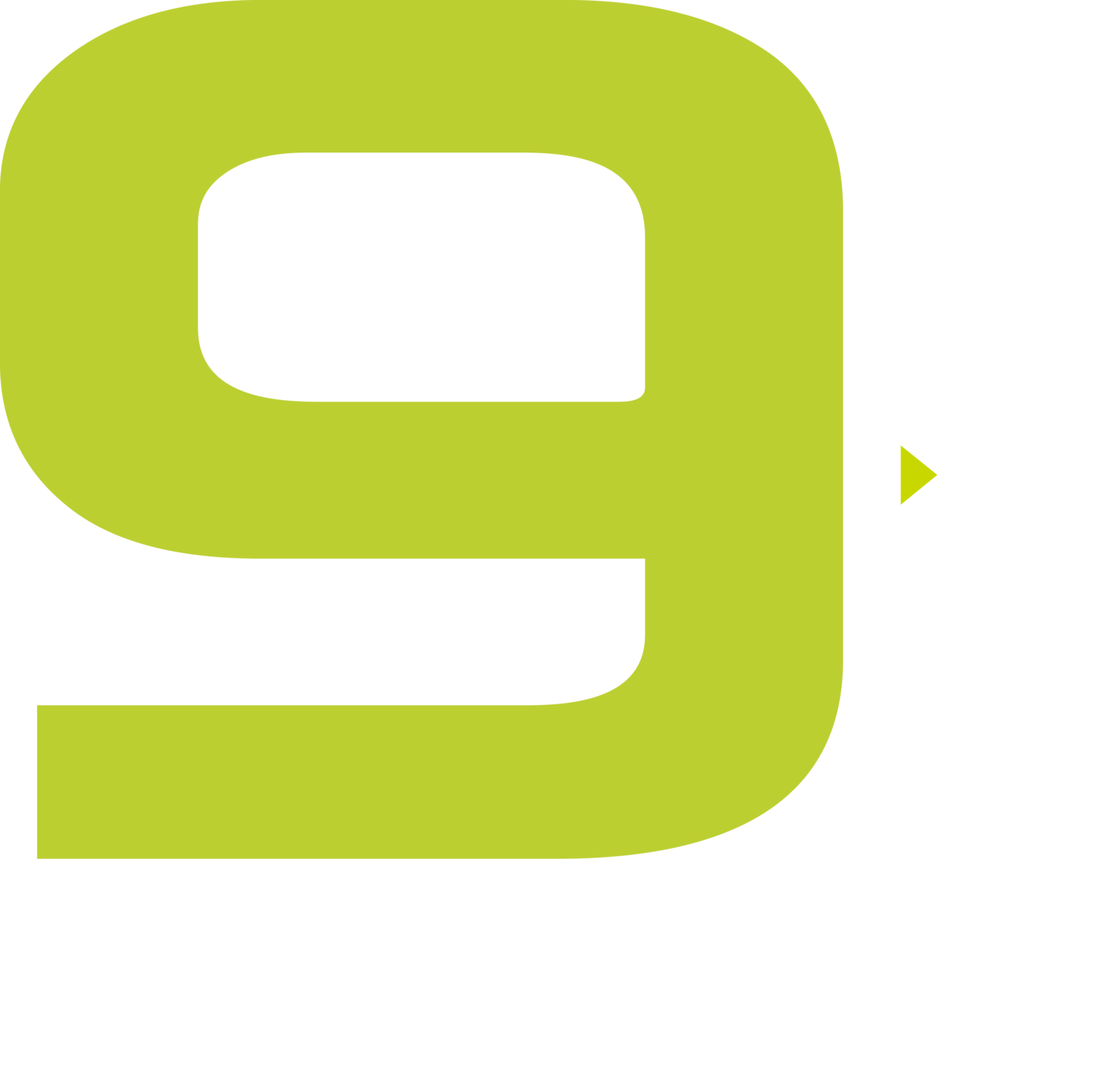One of the most common questions we encounter when we talk to founders is - I have a lot more traction / funding / revenue than your standard “two guys and a C compiler” startup candidate. Should I be applying? Our level 1 response to this question is – do you think there is value to a world class mentor network, and the geometric network effects that will create for your business? That makes intuitive sense to most founders. However, the skeptics among them still want to see some evidence for that. While we wish we had examples from our own cohorts, we’re not there yet. So as a level 2 response, we point to stories from other accelerators and entrepreneurs who had $1M+ in revenue or $1M+ of funding, were already profitable, or were mentors in an accelerator themselves, and yet decided to join an accelerator. And then we point them to this great blog post “You’re Never Too Far Along for TechStars.” There’s another great blog entry, this time from a YCombinator startup, which addresses this common objection. Ultimately, even though we all know you’re perfect ;-), you have to take an objective view of where your gaps are and decide whether an accelerator can fill those gaps for you. As for early stage startups, i.e., the “two founders in a garage,” relevance of accelerators is probably more obvious. Co-founders at this stage are typically technical wizards who have a vision for a product that they can build. However, they’re less likely to be experienced on business functions such as marketing, selling, building a team, developing alliances, accounting, legal matters or product management. Accelerators help early stage startups template-ize what’s possible (e.g. standard legal / accounting terms), and can provide assistance for the founders to learn other areas where there is a skills gap. By surrounding co-founders with experienced entrepreneurs and functional experts, accelerators provide other avenues for startups to fill the gaps. Of course, really early stage startups benefit from the experience and networks of the mentors as much as do their later stage counterparts.
At 9Mile Labs, we also believe very strongly in using Steve Blank’s customer development methodology to build the product. This discipline allows founders to keep product development rooted in feedback from customers; it also provides startups with the basis for pivoting or iterating quickly where appropriate, while wasting minimal money, time and other precious resources.
